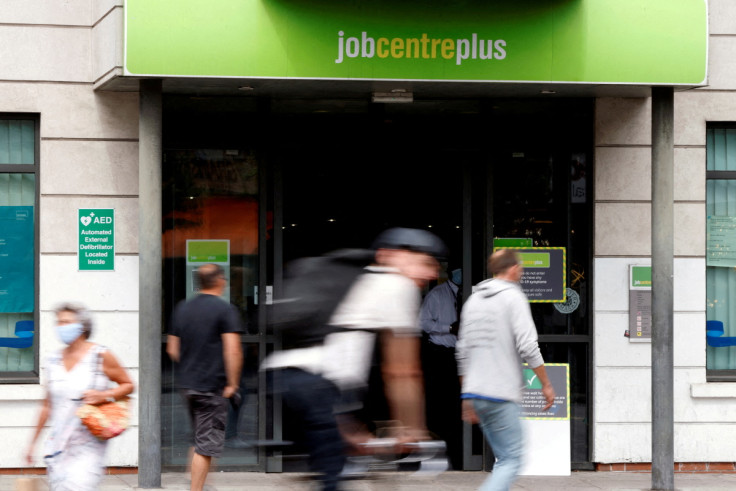Labour Promises 'Jobcentre In Your Pocket' With £55 Million Modernisation Initiative
The British government has outlined its plans to tackle the nation's unemployment problem

The Labour government has announced a comprehensive plan to address the country's growing unemployment crisis, with a focus on revamping Jobcentres and tackling long-term sickness among workers. According to recent figures, the UK is the only major economy to have experienced a decline in its employment rate over the past five years. More than nine million people are economically inactive, with nearly three million unable to work due to long-term health issues.
The proposed £55 million overhaul of the Jobcentre system is central to the government's "Get Britain Working" initiative. This plan also includes significant investments in the NHS and targeted support for young people at risk of falling out of education and employment.
Transforming Jobcentres for the 2020s
Work and Pensions Secretary Liz Kendall described the current Jobcentre system as outdated, with its methods reminiscent of the 1980s and 1990s. She outlined plans to modernise the service using cutting-edge digital technologies.
Kendall emphasised the importance of leveraging technology to make Jobcentres more accessible and efficient. "We will trial a radically improved digital offer using the latest technologies and AI to provide up-to-date information on jobs, skills, and other support. This will free up work coach time and allow for video and phone support as well," she said.
Kendall added, "In the 2020s, you shouldn't only have to go into the Jobcentre every week or fortnight when you can have a Jobcentre in your pocket."
The government's proposal includes merging Jobcentres with the National Careers Service in England, creating a unified platform to streamline job searches, skills training, and career advice.
Support for Health-Related Unemployment
Recognising the link between poor health and long-term unemployment, the government has committed an additional £125 million in funding for England and Wales to support areas with high levels of health-related joblessness. This funding will provide work, health, and skills support, with the aim of addressing barriers that prevent people from returning to the workforce.
Health-related unemployment has been identified as a significant contributor to the UK's economic inactivity rates. This initiative aims to bridge the gap between healthcare and employment services, ensuring that individuals receive the necessary support to re-enter the labour market.
Targeting Youth Unemployment
Youth unemployment is another critical area of focus in the government's proposals. A total of £45 million has been allocated to eight regions in the UK to identify and assist young people at risk of falling out of education or the workforce.
As part of this initiative, the government plans to provide all 18–21-year-olds with opportunities in employment, education, or apprenticeships. Partnerships with private organisations, including the Premier League and the Royal Shakespeare Company, are expected to deliver tailored programmes to engage and support young people.
Mixed Reactions to the Plan
While the proposals have received praise for their innovative approach, concerns remain about the effectiveness of Jobcentres in meeting employers' needs.
Peter Cheese, CEO of the Chartered Institute of Personnel and Development (CIPD), welcomed the government's move to modernise Jobcentres, stating, "The new digital offer stands to be a significant development, helping jobseekers access services wherever they are."
However, Cheese noted that fewer than 10% of employers view Jobcentres as effective recruitment platforms, underscoring the need for substantial reform to restore confidence among businesses.
Shadow Work and Pensions Secretary Helen Whately criticised the plan, describing it as underwhelming. "This appears to be little more than a pot of money for local councils, some disparaging language about the work of Jobcentres, and a consultation which will be launched in the spring," she said.
Will the Overhaul Deliver Results?
The government's £55 million investment in Jobcentre reform, alongside funding for health and youth unemployment, represents a bold attempt to address the country's employment challenges. By integrating technology and forging partnerships with private organisations, the initiative aims to make Jobcentres more relevant and accessible in a changing labour market.
However, the success of these reforms will ultimately depend on their implementation and the ability to address long-standing concerns about the effectiveness of Jobcentres. As millions of Britons remain out of work, the stakes for the government's plan could not be higher.
© Copyright IBTimes 2025. All rights reserved.


















